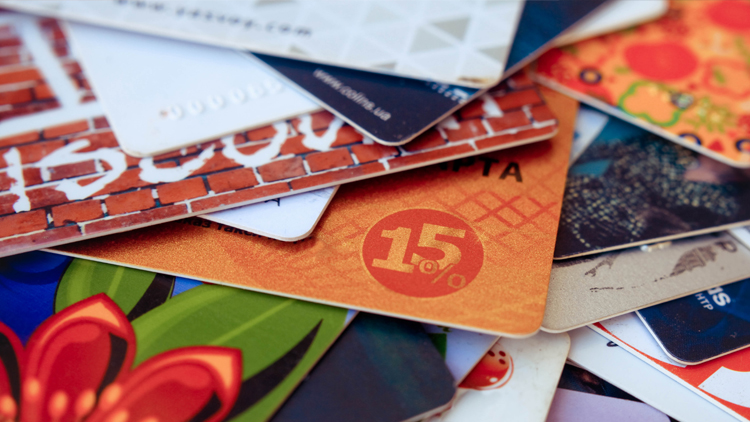Children and teenagers who received monetary gifts for the holidays are often excited to choose what to buy. While they should be allowed to spend some of the money or gift cards, as a parent, you could also use these windfall gains as an opportunity to teach and practice important personal finance lessons.



They'll likely find that there isn't enough money to make a significant impact on all their goals and they'll need to prioritize based on how important each goal is to them. Share your own experiences and how sometimes it's better to save for a bigger and better purchase later. You could also have them calculate how expected earnings from allowance, working or upcoming holidays or birthdays could help them achieve their unrealized goals.
Decide where to store the savings. If they don't already have one, it might be a good time to open a bank account with your children. Go over the differences between a checking and savings account and how they can store the money they received and earn. Your kids can then decide how to split their funds between checking and savings based on their goals.
Bottom line:
You can't force behaviors, but you can use teaching moments to explain and practice valuable money management skills. The holidays are a great opportunity as many children receive gift cards or money, and these lessons can continue throughout the year. Try to reflect the skills and practices you're teaching in your day-to-day life as well. Children can pick up on the non-verbal lessons you demonstrate as much as the explicit lessons you sit down and teach.
Share
This article is intended to provide general information and should not be considered health, legal, tax or financial advice. It's always a good idea to consult a tax or financial advisor for specific information on how certain laws apply to your situation and about your individual financial situation.